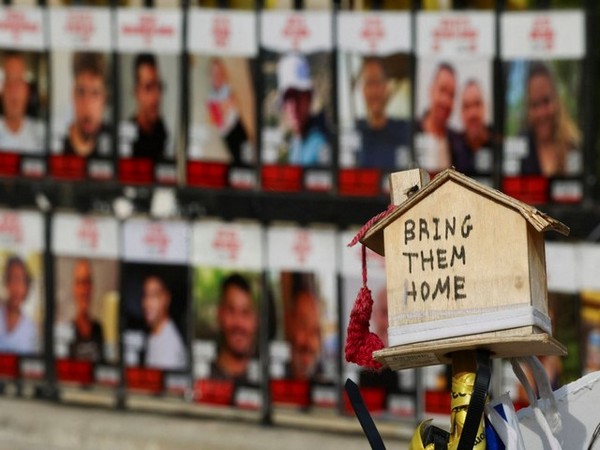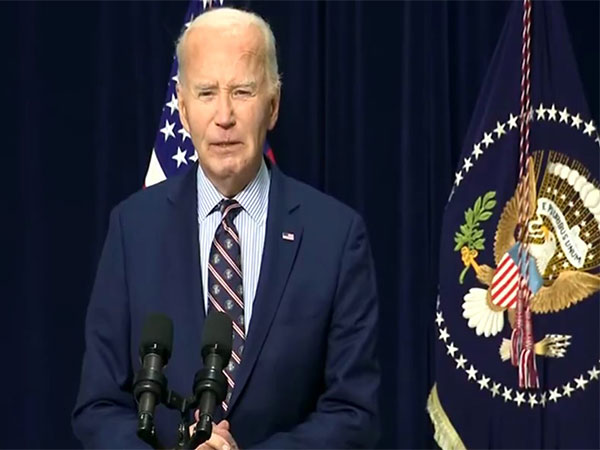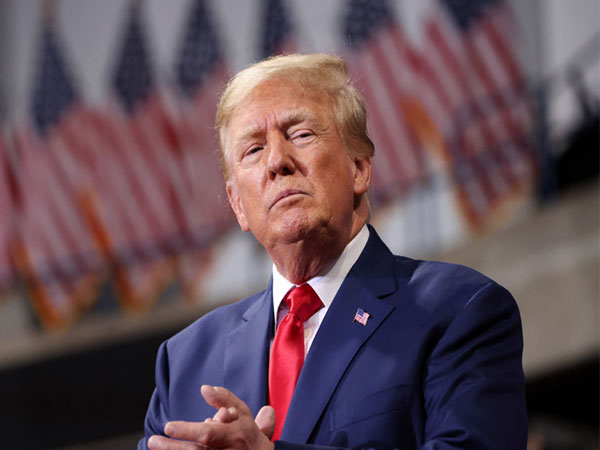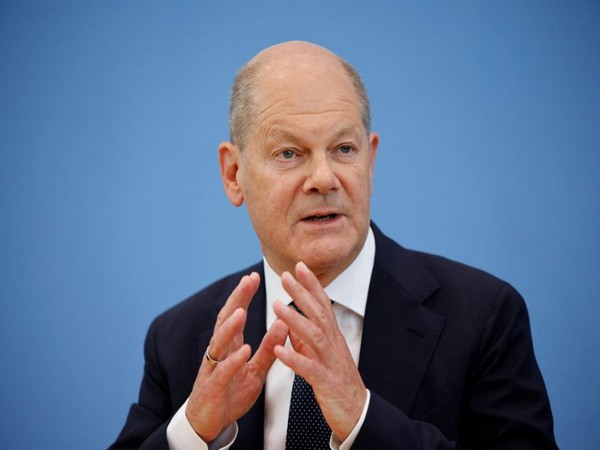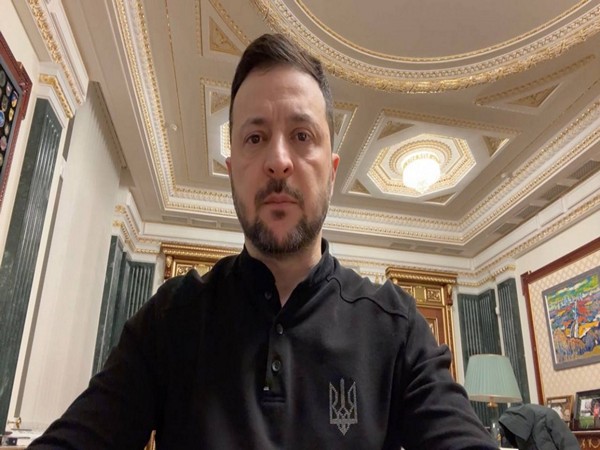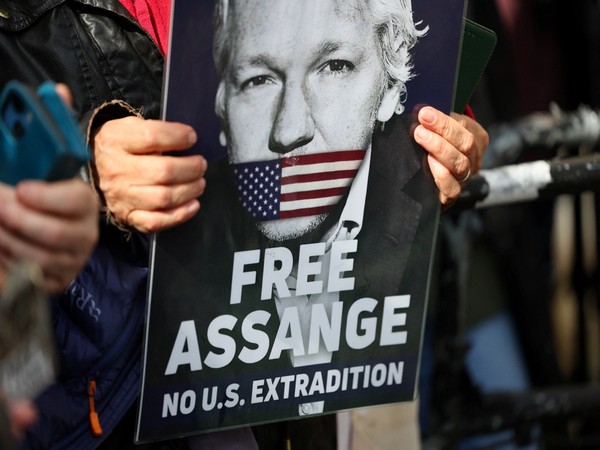
WikiLeaks founder allowed to appeal extradition from UK to US
May 21, 2024
Washington [US], May 21: WikiLeaks founder Julian Assange was given permission to appeal against extradition to the United States after arguing at London's High Court that he might not be able to rely on his right to free speech in a U.S. court.
The Australian-born Assange, 52, is wanted in the U.S. on 18 charges, nearly all under the Espionage Act, relating to WikiLeaks' mass release of secret U.S. documents - the largest security breaches of their kind in U.S. military history.
The High Court had in March granted him provisional permission to appeal on grounds that he might be discriminated against as a foreign national, but invited the U.S. to submit assurances.
After Monday's hearing, two senior judges said Assange's argument that he might not be able to rely on the U.S. First Amendment right to free speech deserved a full appeal - which is unlikely to be held for months.
The news prompted cheering and singing from hundreds of supporters who had massed outside the court tying yellow ribbons to the iron railings, holding placards and chanting "Free, free Julian Assange".
Assange himself was not present, which his lawyer said was for health reasons. But his wife Stella, who spoke to him after the ruling, said he was "obviously relieved", having not been able to sleep at all.
"We don't know how long this will go on for and it takes an enormous toll on him," Stella, who had been in court with Assange's brother and father, told Reuters.
She said the decision marked a turning point.
"I hope that the U.S. administration looks at this case and now. considers it should just be dropped," she said. "The signals should be clear that it's time to drop it."
The U.S. Justice Department declined to comment on a pending judicial matter.
Had Monday's ruling gone against him, Assange's team said he could have been on a plane to the U.S. within 24 hours, ending more than 13 years of legal battles in Britain.
It could be many months until the appeal is heard, and then that decision could be taken to the UK Supreme Court.
US ASSURANCE FAILS TO CONVINCE UK JUDGES
U.S. prosecutors had told the court Assange could "seek to rely" upon the First Amendment protections granted to U.S. citizens, and would not be discriminated against because of his nationality.
But his legal team said a U.S court would not be bound by this.
"We say this is a blatantly inadequate assurance," Assange's lawyer Edward Fitzgerald told the judges.
The court also concluded that Assange's appeal should apply to all 18 counts, not only three, as lawyers for the U.S. had argued. Fitzgerald did, however, accept a separate U.S. assurance that Assange would not face the death penalty.
WikiLeaks released hundreds of thousands of classified U.S. military documents on Washington's wars in Afghanistan and Iraq along with swathes of diplomatic cables.
In April 2010 it published a classified video showing a 2007 U.S. helicopter attack that killed a dozen people in the Iraqi capital, Baghdad, including two Reuters news staff.
U.S. authorities say Assange's actions with WikiLeaks were reckless, damaged national security, and endangered the lives of agents.
His many global supporters call the prosecution a travesty, an assault on journalism and free speech, and revenge for causing embarrassment. Calls for the case to be dropped have come from human rights groups, media bodies and Australian Prime Minister Anthony Albanese, along with other political leaders.
Assange was first arrested in Britain in 2010 on a Swedish warrant over sex crime allegations that were later dropped.
Since then, he has been variously under house arrest, holed up in Ecuador's embassy in London for seven years and, since 2019, held in the Belmarsh top security jail.
He married Stella there in 2022 and the couple have two young children.
Source: Fijian Broadcasting Corporation

